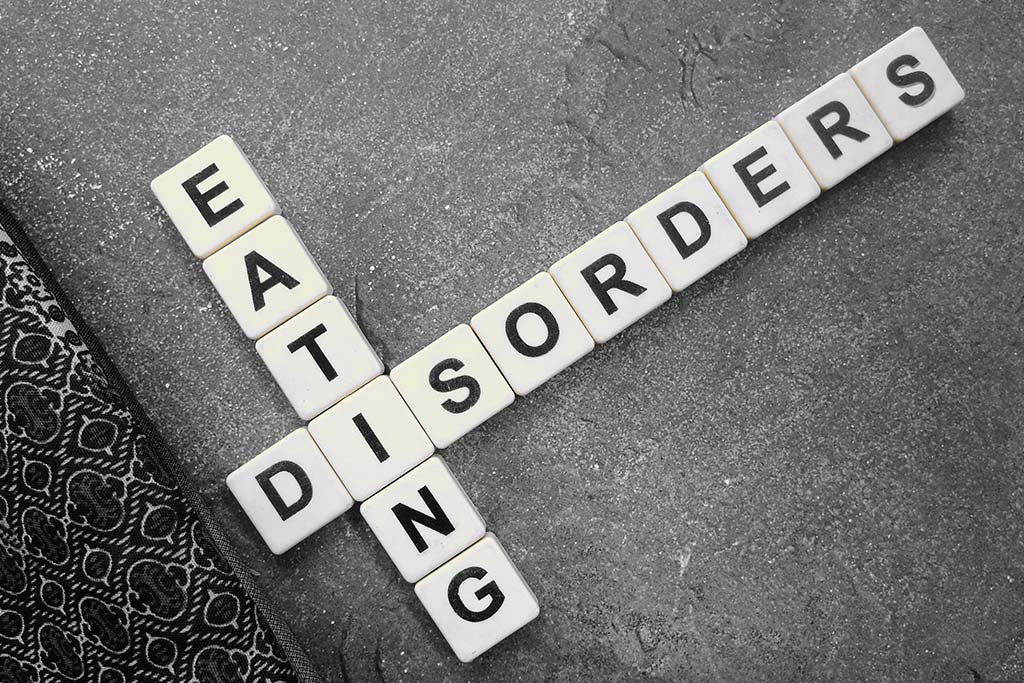The Potential of Medical Cannabis in Treating Eating Disorders
Eating disorders are on the rise globally, with millions affected by conditions such as anorexia, bulimia, and binge-eating disorder (BED). In the UK alone, an estimated 1.25 million people live with some form of eating disorder. As conventional treatments typically involve psychotherapy, nutritional advice, and sometimes medication, new research is exploring the potential of medical cannabis as a therapeutic option for individuals with eating disorders.

Administering Medical Cannabis for Eating Disorders
Cannabis is a complex plant that produces compounds capable of interacting with the human body, including the regulation of hunger and satiety. The two main compounds of interest are THC and CBD, both classified as phytocannabinoids, which interact with the body’s endocannabinoid system (ECS). This system helps maintain balance in the body and regulates functions like emotion, memory, and appetite.
Research suggests that THC may stimulate appetite (widely known as causing the “munchies”), while CBD may help reduce anxiety and food cravings. This interaction with the ECS makes medical cannabis a potential therapeutic tool for managing eating disorders by regulating both hunger and emotional responses to food.
However, it’s important to recognise the distinction between hunger and appetite: hunger is the physical need for food, whereas appetite is the emotional desire for it. For individuals suffering from anorexia, who feel hunger but ignore it due to emotional distress, treatment needs to address both these aspects to be effective.
Scientific Insights into Medical Cannabis for Eating Disorders
A 2017 pilot study titled “The Impact of Δ9-THC on the Psychological Symptoms of Anorexia Nervosa” explored the effectiveness of low doses of THC in treating anorexia. With just nine participants, the study showed that after three weeks of low-dose THC treatment, patients reported improvements in self-perception, body care, and reductions in depression and anxiety. While this study was small, the results suggested that THC could be an “effective component in treating the psychological symptoms of anorexia.”
On the other hand, there are currently no peer-reviewed studies on the role of CBD in treating anorexia or bulimia. However, CBD’s proven ability to reduce anxiety and boost serotonin levels may help alleviate disordered eating patterns, particularly in cases where anxiety is a major contributing factor.
Binge-eating disorder (BED), which involves periods of excessive overeating, may also benefit from CBD treatment. A study from the University of Helsinki showed that CBD reduced the intake of high-energy foods in rats, suggesting that CBD may help reduce cravings in those suffering from BED. However, more research is needed before drawing definitive conclusions.
Other Factors to Consider
While medicinal cannabis offers potential as a treatment for eating disorders, it is essential to view it as part of a holistic approach. Effective treatment should also involve medical, psychological, and nutritional interventions. Cannabis should not be seen as a standalone solution but as a complement to established therapies.
Some potential side effects of THC include:
-
Increased heart rate
-
Anxiety (especially at higher doses)
-
Dry mouth
-
Red eyes
-
Rare cases of psychosis
CBD is generally well-tolerated but may cause:
-
Gastric discomfort
-
Fatigue
-
Dry mouth
-
Low blood pressure
-
Interactions with prescription medications
